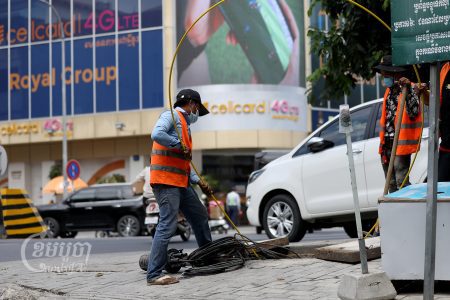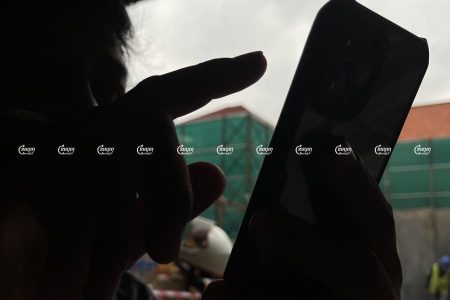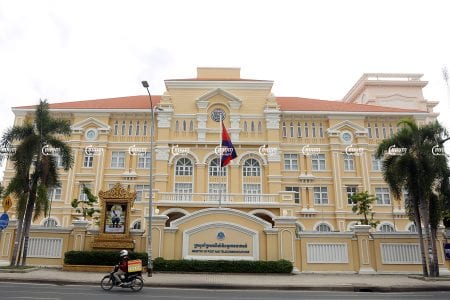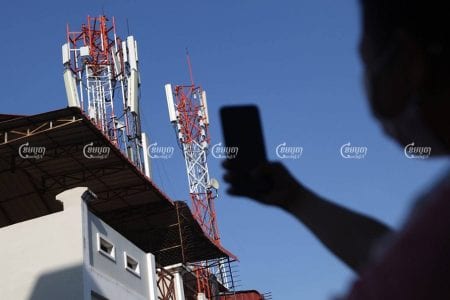The Cambodian government has put in place a national single internet gateway (NIG) system to optimize network management, it said, but also to control the flow of online traffic in the country.
A sub-decree signed by Prime Minister Hun Sen on February 16 shows that the NIG would create a one-stop system to bring all internet connections through a single point. The stated aim of this gateway, according to the government, is to “mobilize national revenue, keep public order, national security and culture.”
“This allows operators to cooperate with authorities to cut off any connection that affects national revenue, violates social order, national security, safety and traditions and culture and to crack down on any illegal connections,” the sub-decree reads.
The government would license NIG operators to run the firewall but did not provide any details of who will be eligible for these licenses.
The gateway will be stationed at various locations in Phnom Penh, Preah Sihanouk province’s Sihanoukville, Banteay Meanchey’s Poipet and Svay Rieng’s Bavet city.
The Asian Internet Coalition (AIC) in December 2020 issued a statement expressing concern over Cambodia’s National Internet Gateway after a draft version was leaked to the media last year.
The AIC said the government’s decision to deny its citizen’s alternatives for a global internet connection will potentially depress innovation, dampen foreign investment, and significantly blunt the growth of Cambodia’s nascent digital economy.
The group said that the sub-decree grants the government extraordinary powers to arbitrarily block online content or network connections.
Chak Sopheap, the executive director at the Cambodian Center for Human Rights (CCHR), said the establishment of the NIG was a grave concern because it could be another conduit for the government to exercise control over the flow of information in Cambodia.
“The timing of this NIG is particularly concerning as the last few years have seen a sharp increase in the number of citizens being threatened, harassed and even prosecuted for their use of the internet and for exercising their right to free speech on online platforms,” she said.
Sopheap said the NIG could be used to enhance existing surveillance capabilities, to intercept communications and private data, as well as threaten Cambodians’ right to freedom of expression.
Cambodia is currently in the process of drafting a cybercrime law, which Human Rights Watch last year said should be scrapped immediately because it too facilitated enhanced surveillance of internet users, infringed on privacy rights and free speech online.
Phay Siphan, a Council of Ministers spokesperson, said the move will not affect free expression online but was meant to help improve the country’s internet quality.
“To respond to use of the internet by Cambodians, we need to create a single gateway that we can manage and mobilize more revenue from this sector,” he said. “We can control online terrorism or cybercrime effectively as well.”
According to the sub-decree, the NIG will require operators or ISPs to provide a monthly, quarterly and yearly report to the government and give the government the right to monitor a company’s infrastructure and equipment.
According to a Telecommunication Regulator of Cambodia report, there were 14.8 million mobile internet subscribers as of May 2020 and there were 9.7 million Facebook users in Cambodia in January 2020.
Facebook users accounted for close to 60 percent of Cambodia’s population, which reveals how reliant Cambodians are on social media platforms as an information source and for their personal communications.












